Filing for Chapter 13 involves you providing your chapter 13 bankruptcy attorney with documents about your financial status so that they can prepare other documents for your review, signature, and filing with the Bankruptcy Court. Other documents will also be provided to the Chapter 13 Trustee, but not filed with the Court. The specific requirements can vary by jurisdiction, so it’s essential to consult with an experienced bankruptcy attorney familiar with local practice. However, here is a general list of some of documents commonly required during a Chapter 13 bankruptcy case:
Some of the documents you will have to provide your attorney:
1. Identity Documents:
Driver license, government issued photo identification card, social security card, Permanent U.S. Residency (“Green”) Card
2. Asset Documents:
Real Property: Deeds, leases, insurance policies
Personal Property: Bank statements, retirement account statements, vehicle titles and registrations, insurance policies, documents related to any corporation or limited lability company in which you have an interest and the assets of those entities
3. Debt Documents:
- Real Property related: Notes, Mortgages, Lines of Credit, monthly billing statements, lawsuits and related documents, judgment liens
- Personal Property related: Vehicle loan documents, installment agreements, monthly billing Priority Debt related: Alimony and child support orders, tax returns and IRS letters
- General Debts: Credit card statements, student loan statements, SBA loan statements, personal loan statements, medical bills, old phone and utility bills, lawsuits and related documents, judgments
4. Income Documents:
Recent pay stubs or other proof of income for the six months leading up to the bankruptcy filing, tax Returns
5. Expense Documents:
Monthly mortgage or rent statements, utility bills, monthly vehicle lease or loan statements, other monthly installment payment statements, monthly student loan statements, tuition or child care statements, alimony and/or child support related documents
Some of the documents that will be filed with the Court:
6. Credit Counseling Certificate, Bankruptcy Petition and Schedules:
To be permitted to file a bankruptcy, you must complete an on-line credit counseling course that lasts about 45 minutes. Upon completion, the course provider will issue you and your attorney a completion certificate. The Petition is the document that actually initiates the bankruptcy case.
In it, you declare who you are, where you live, and what type of bankruptcy you are filing. The Schedules detail your assets, debts, income, and expenses.
7. Debtor’s Statements of Current Monthly Income and Calculation of Disposable Income:
The documents comprise the “means test” and state the amount of disposable income you project you will have each month to pay to you general unsecured creditors.
8. Chapter 13 Plan:
Your plan spells out how much you are going to pay to the Chapter 13 Trustee over a three- to five-year period for distribution to creditors, and how much each class of creditors is to receive from the Chapter 13 Trustee. You will pay secured creditors such as mortgage companies and car lenders directly, and not through the plan, if you are up to date with them on the day you file your bankruptcy. If you are not current with a secured creditor on the day you file for bankruptcy and you wish to keep the car or the house, your plan will include payments to the secured creditor sufficient for you to be able to keep and continue to use the car or house. Priority creditors such as recent IRS taxes and all alimony and child support arrearage must be paid in full in the plan, while general unsecured creditors like credit cards, medical bills, etc… typically get paid pennies on the dollar.
It’s important to note that these lists are not exhaustive, and additional documents are required to successfully navigate the very complex Chapter 13 bankruptcy process. Consulting with and retaining an experienced and competent Miami bankruptcy attorney to represent you in your Chapter 13 is a must, otherwise your Chapter 13 is almost certain to be dismissed. If dismissed, upon filing of a second or third bankruptcy, your ability to prevent creditors from taking actions against you become limited or eliminated.
